Governor Gladys Wanga’s recent actions following the death of Albert Ojwang have raised serious questions about whether justice is truly the goal or if money is being used to bury the truth.
Albert Ojwang, a young man from Homa Bay, died on June 8, 2025, while in police custody at Central Police Station in Nairobi. He had been arrested over a social media post. His body showed serious head injuries, and although some officials suggested they were self-inflicted, but later the postmortem report contradicted the police claims.
The anger and pain from this incident have spread across the country, especially among young people who see Albert’s case as one of many examples of police brutality, government abuse of power, and the lack of justice in Kenya.
Governor Wanga, instead of leading the call for real accountability, chose to deliver large sums of money to the family. On June 16, 2025, she handed over Ksh3 million to the family Ksh2 million from President William Ruto and Ksh1 million from Raila Odinga.
She also promised to build a two-bedroom house for them worth Ksh1.5 million. While the family is grieving and certainly deserves support, many Kenyans are wondering why these donations were given so fast and so publicly.
The timing and presentation of these gifts look more like a political strategy to cool down public anger than a genuine effort to fight for justice.
These doubts are not just about this one case they reflect the growing mistrust people have in public leaders who often appear more interested in managing public outrage than fixing the real problems.
Governor Wanga’s actions, instead of strengthening the fight for justice, seem to have weakened it. By putting a price tag on Albert’s death, she risks sending the wrong message that justice can be replaced by money.
But what the public wants is not money thrown at families after a tragedy. They want leaders to address the real issue, young Kenyans are dying in police custody, being abducted, and abused by officers who are rarely punished.
This is not just about Albert. It’s about a broken system that allows such things to keep happening. The stepping aside of Deputy Inspector General Eliud Langat to allow investigations is one step, but it is not enough.
Kenyans are demanding full accountability, clear investigations, and real changes in how law enforcement operates. President Ruto also has a duty to do more than just send money.
The donations he gave through Wanga may be generous on the surface, but they do not bring justice. What Kenyans want from him is leadership that stops these deaths, not public relations efforts.
Real justice means arrests, court trials, and reforms not silent payoffs disguised as help.
Albert Ojwang’s death should not be forgotten or softened by expensive donations. Leaders like Wanga and Ruto must understand that every young life lost to police violence represents a bigger problem in Kenya. Their duty is to fix the system, not to manage the anger it creates.
The fight for justice is about making sure Albert is the last one to die this way not about building houses and giving out cheques when the damage is already done.



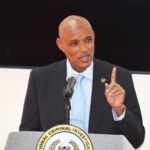



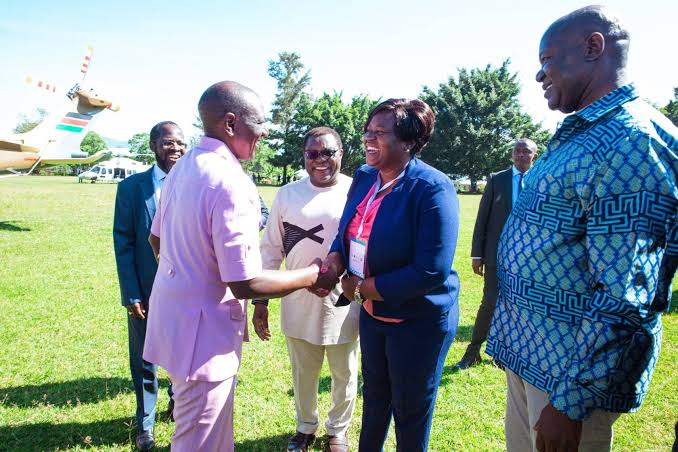








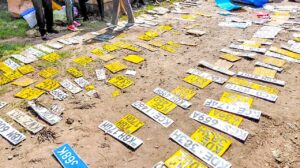
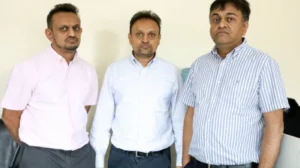

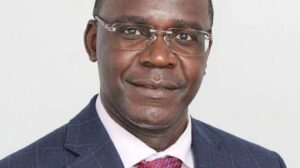

Add Comment